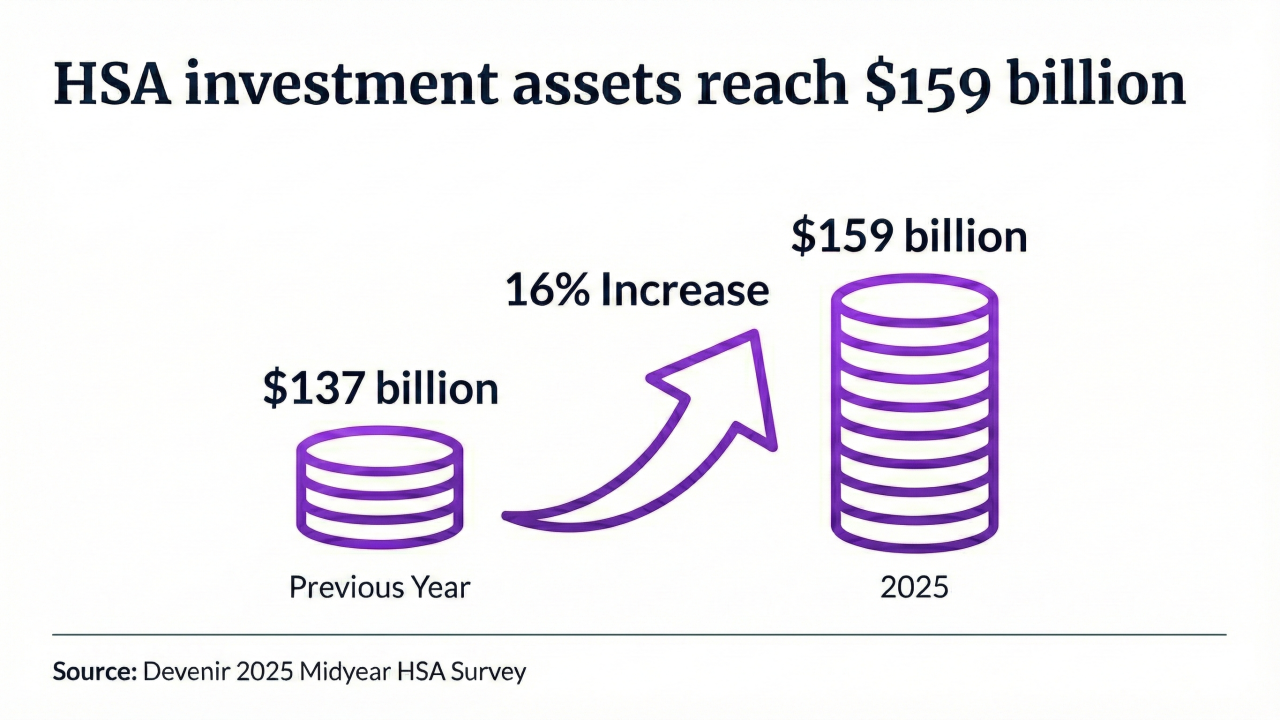Day-to-day benefits tasks are going digital.
Spoke’s new software update uses AI to field employee benefit questions, freeing up HR managers to focus on in-depth benefits strategies.
Spoke expanded its AI capabilities in late April by adding a new feature called contextual knowledge, which provides personalized responses to employee questions. The software, released in 2016, is meant to help employees get faster responses to their workplace questions. Employers including makeup company Glossier, food delivery service DoorDash and shoe company Allbirds are all Spoke customers.
Emily Wang, head of product at Spoke, says the tool learns what type of information is relevant to an employee in order to provide a response to an inquiry. If an employee asks Spoke for information about PTO, for example, instead of returning with a document outlining the company’s entire PTO policy, the tool will tailor the response to that specific worker and how much time off they are alloted.
“You can really control what your employees are seeing what’s relevant to them,” she says.
See also:
Spoke has a web app, and is also integrated in the messaging tool Slack, Wang says. Through Slack, employees can send a direct message to Spoke or mention it in a public channel. HR and benefits administrators also have the ability to reroute any questions they receive on Slack directly to Spoke, Wang adds.

“[You can message] Spoke like you would a regular human,” she says. “Natural language processing is one of our core strengths.”
Tools like Spoke can help free up already overburdened HR departments from spending too much time responding to basic employee inquiries. Wang says the HR departments using Spoke have seen about half of their requests being auto- resolved by the tool.
See also:
HR and benefits departments are increasingly relying on digital tools as a way to handle day-to-day activities. More than half of workers in a
Technology companies and benefits providers are rapidly responding to this need. Many have released digital chatbots and virtual assistants that are meant to make it easier for employees and HR departments. For example, Businessolver has Sofia, a AI-enabled
Wang says that Spoke plans to continue to advance its AI capabilities moving forward. She says they want to meet people where they are and find ways to get the most relevant information to each worker.
“That’s the type of behavior that’s going to actually solve the employee's problems,” she says.





